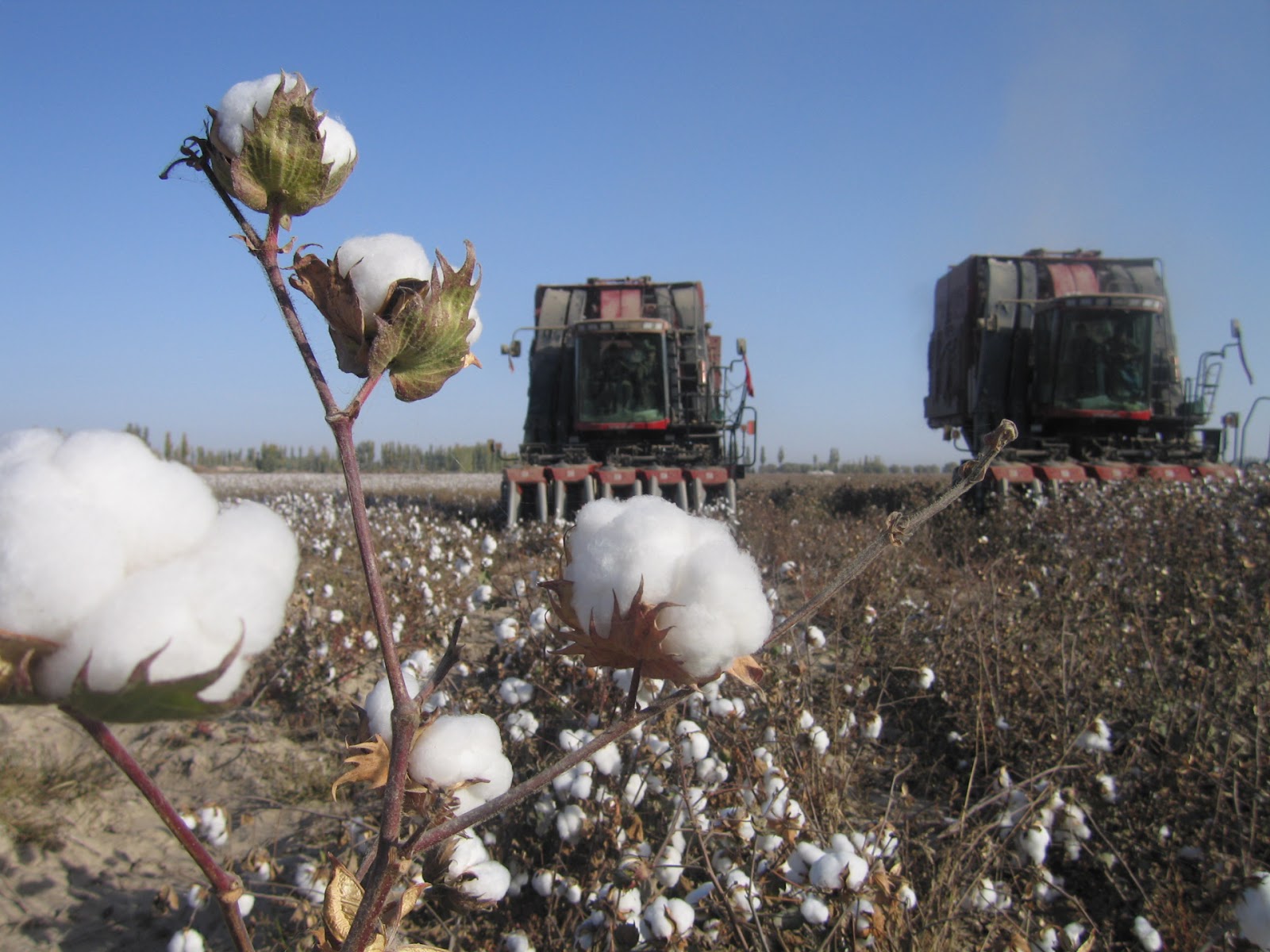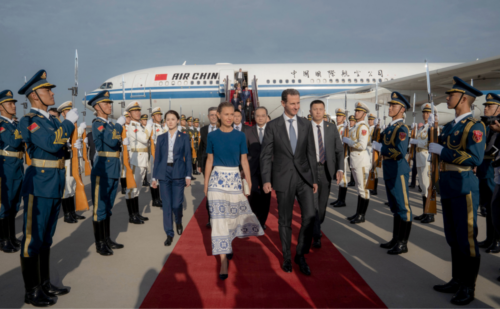U.S. sanctions the biggest ‘company’ in Xinjiang
The U.S. has announced new sanctions on the biggest state-owned entity in Xinjiang, the Chinese region where a million or more Uyghurs and other ethnic minorities have been subject to extra-legal detentions.

“Today, the U.S. sanctioned the Xinjiang Production and Construction Corps [XPCC] and two of its officials for their connection to serious human rights abuses in Xinjiang,” tweeted U.S. Secretary of State Mike Pompeo this morning. The details were announced by the U.S. Department of the Treasury.
What is XPCC? Sometimes known by its Chinese abbreviation, Bīngtuán 兵团, XPCC was created in 1954 to promote economic development and ensure social stability in Xinjiang.
- It is the largest employer and landowner in Xinjiang, and has its fingers in almost everything that happens in the region, from farming to industry to the recruitment of Han Chinese settlers from other parts of China.
- XPCC is also deeply integrated with the security state.
- 3.11 million people, or more than 12% of Xinjiang’s population, are employed by XPCC, according to Reuters.
The sanctions order the freezing of any U.S. assets of the XPCC and its officials, and prohibit Americans from dealing with them.
What happens next?
The Chinese government will no doubt respond with angry statements, but not much else.
- However, nearly 40% of the cotton produced in Xinjiang comes from XPCC. About 22% of the world’s cotton comes from Xinjiang.
- Some of this cotton is or until recently has been used by global brands, including Muji, Uniqlo, H&M, Esprit, and Adidas. The U.S. recently sanctioned some Xinjiang-connected textile suppliers in China, but now these international companies themselves are at risk of U.S. sanctions if they continue to buy Xinjiang cotton.






